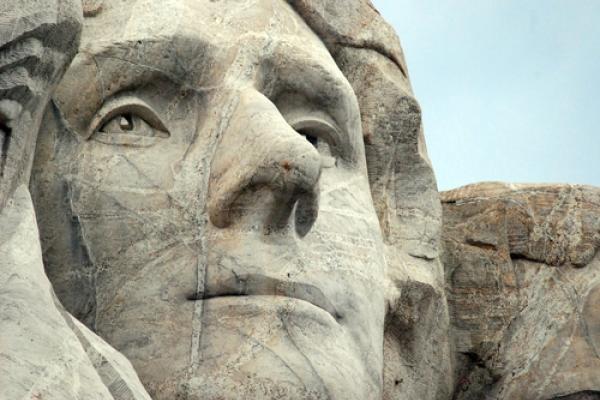During a recent trip to Washington, D.C., I took in two exhibits on Thomas Jefferson at the Smithsonian's National Museum of American History: one on slaves at Monticello and the other on the cut-and-paste version of the Gospels known as the Jefferson Bible.
In the first exhibit, I was informed that our third president likely fathered children with his slave Sally Hemings. In the second, I was told that the Jefferson Bible was a "revolutionary document."
This is the sort of stuff that drives David Barton mad. Barton is an evangelical minister and the founder of WallBuilders, a "pro-family" organization dedicated, according to its website, to "presenting America's forgotten history and heroes, with an emphasis on the moral, religious and constitutional foundation on which America was built." Like many of his fellow travelers on the Christian right, Barton is convinced that his heroes are under attack, and he has no intention of turning the other cheek.
In his new book, The Jefferson Lies, Barton argues that academics have spread a series of falsehoods about Jefferson — that he was a racist, a secularist and an advocate of strict church/state separation. Barton thinks he knows better. His Jefferson, who died (appropriately enough) on July 4, 1826, wasn't just an "American hero." He was an orthodox Christian, too.
Lionized by Glenn Beck and other social conservatives, Barton is a culture warrior driven by desire rather than by evidence. As a result, his writing is more "truthy" than "truthful."
Read the Full Article

